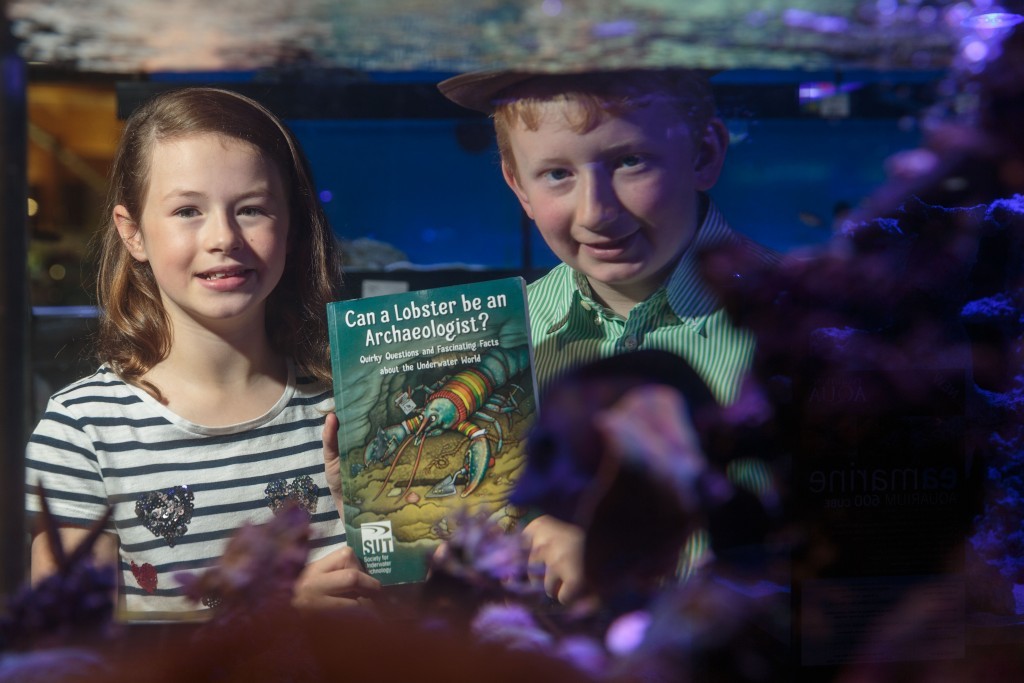
The Society for Underwater Technology (SUT) celebrates its 50th anniversary this year.
We were founded in 1966 by a group of scientists following the demise of the Underwater Equipment Research Society the previous year. Their intention was that the SUT, as a totally independent membership-based organisation, would bring together people and companies with interests in all areas of technology and related industry sectors – with the simple aim of furthering knowledge across their fields of interest.
Whilst they were aware of the first North Sea oil and gas activity that was taking place around that time, I suspect they had no idea about how this industry would develop in the coming years and the impact it would have on our lives.
It might be considered serendipitous that our North Sea oil & gas activity exceeded all expectations in the wealth it generated and the timescale over which it did it. Certainly this wealth and the technological requirements for the success of this industry has had a very positive influence on the development and shape of the SUT.
However, I don’t need to remind any of you that due to market forces, the fortunes of this industry are cyclic in nature and the present downturn is arguably the most severe that we have experienced. We would very much have preferred our 50th anniversary not to have coincided with this downturn in oil & gas.
The SUT can boast rather illustrious beginnings. Our first General meeting took place in March 1967 and was hosted by Lord Wakefield of Kendall in the House of Lords. His Lordship was duly elected as president, with Rear Admiral Sir Edmund Irving as the first chairman of council. Some eight years later, HRH Prince Philip, Duke of Edinburgh, was appointed as our president.
The SUT had been registered as a charity in England and Wales very early on, and around 1990 established the Educational Support Fund (ESF) to support students studying relevant courses at both undergraduate and postgraduate levels. The Fund has now supported in excess of 285 students, most of who have gone on to relevant and successful careers in industry sectors that are relevant to the interests of the society.
Over the following years, North Sea oil & gas developed rapidly and it made sense in 1992 to establish our first branch of the SUT in Aberdeen which by now had become the UK’s energy capital.
Around the turn of the century, we recognised that our numbers of members based outside of the UK were increasing and, to provide them with some benefit, over the following years we encouraged the formation of a number of overseas SUT branches based in Rio de Janeiro, Houston, Perth, Melbourne, Kuala Lumpur, Norway, China and Singapore.
So, we have become very much a global organisation. Further SUT branches within the UK were set up in Newcastle and, most recently, London and the South of England.
Whilst many associate the SUT with oil & gas, our interests and activities extend to many other areas, such as marine renewable energies, offshore site investigation and geotechnics, underwater vehicles, including undersea gliders, mining, salvage and decommissioning – and more.
For further information, go to www.sut.org
Bob Allwood is chief executive of the Society for Underwater Technology
Recommended for you
